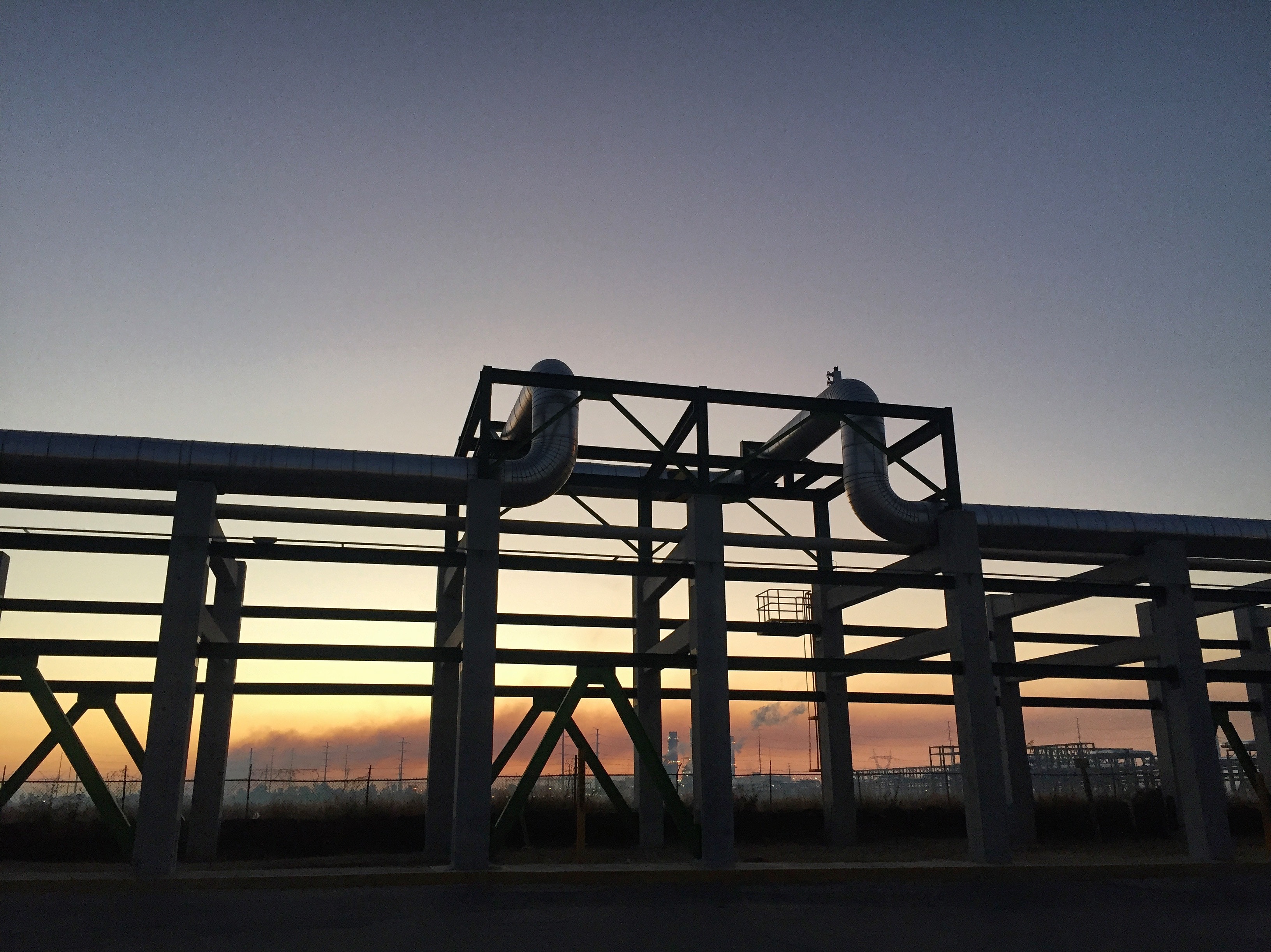Too often we hear people talk about Indigenous issues as though they are from the past, that they no longer exist, and that they have been resolved. However, this is very far from reality; Indigenous communities in Canada continue to face a multitude of injustices and blatant discrimination. We need to better address Indigenous issues in Canada, in the field of international development, as many of their struggles are reflective of key development problems.
Last week, the RCMP came under fire for breaking a blockade and arresting over a dozen Indigenous people on Wet’suwet’en territory. The blockade was formed to prevent construction workers part of the Coastal GasLink pipeline project to enter their territory. This pipeline would transport natural gas through the Wet’suwet’en territory, but the Indigenous community has not granted Coastal GasLink permission to use their land.
It is important to know that there are two key issues at stake in this struggle: Indigenous sovereignty and their environment. First, the struggle for Indigenous sovereignty is exhibited in this recent scandal. In fact, the Wet’suwet’en territory has never been ceded by treaties and as such, they reject Canada’s authority over their land. There is an obvious parallel that can be drawn to Canada’s long history of stealing and abusing Indigenous land. Yet somehow, we think of these types of property struggles as something that happened hundreds of years ago, and we fail to acknowledge that our government has continued to take control over their land. The involvement of the RCMP in the conflict has been described as ‘an act of war’ by some Indigenous people. This is just one of the many examples of the Indigenous people’s struggles over sovereignty with the Canadian government. These struggles are extremely similar to the land struggles we are accustomed to studying in international development, yet we hardly discuss them in the Canadian context. Most probably, our society has chosen to ignore these issues because recognizing Indigenous sovereignty would be inconvenient for us since we largely occupy their traditional lands.
Another issue that arises with the construction of the pipeline is the environmental consequences for Indigenous communities. Although efforts have been made to ensure that the project has little damage for the environment as possible, it has been reported that British Columbia’s carbon emissions will increase by nearly 10 megatonnes within the next 10 years. Moveover, Indigenous communities have expressed their concerns over the environmental impacts of the project on their land. Again, this is just one of the numerous instances where Indigenous communities have received the short hand of the stick when it comes to Canada’s pollution. While the oil sands in Alberta are known for the environmental damages that they cause, the impacts on nearby Indigenous communities are far less known. The Athabasca Chipewyan and Mikisew Cree have reported that the industry has not only contaminated their lake, but also that it has caused an up surge in the rates of cancer among the population. Moreover, they are unable to eat their traditional food because of the phenomenon’s effect on the contamination of the oil sands pollution. This is just another example of how Canada favours their own economic interest, at the very detriment of Indigenous communities’ health and environment. Again, there are so many parallels to be drawn with climate change and the distribution of its worldwide impacts, which has tendency to affect more severely the global South.
Another aspect of this is access to what we consider basic resources, such as safe drinking water. In fact, nearly 20% of Indigenous communities do not have access to safe drinking water. More often than not, Indigenous communities receive advisories from the government to not drink from the local water sources, with some warnings lasting up to 20 years. While most of us do take water for granted in Canada, we also continue to stress the importance of access to clean water abroad. Nevertheless, we must also remember that this is an issue in our own country as well.
Many issues that local Indigenous communities face are extremely similar to the problems we usually attribute to the “developing world”, and while we care about them abroad, we seem to conveniently forget about those very similar local realities. As students at McGill University, it is important to acknowledge that this university has survived economic hardship by using government loans taken directly from funds allocated to Indigenous communities. Loans that were never paid back and now rest at an estimated total of $1.7 billion dollars. As well as being a university that has yet to change the highly racist and offensive sport team name, we have to remind ourselves of Indigenous struggles in Canada and in our own McGill community.
The views expressed in this article do not reflect the views of the editorial board of the Catalyst, the IDSSA, or McGill University.
Charline Côté-Lessard was the Vice-President of Publications of the IDSSA for the 2018-2019 academic year. She founded Catalyst in January 2019, becoming the first Editor-in-Chief. She graduated in June 2019 with a Bachelor’s degree in International Development Studies and double minors in Political Science and Sociology, and went on to pursue a law degree at the University of Montreal.

